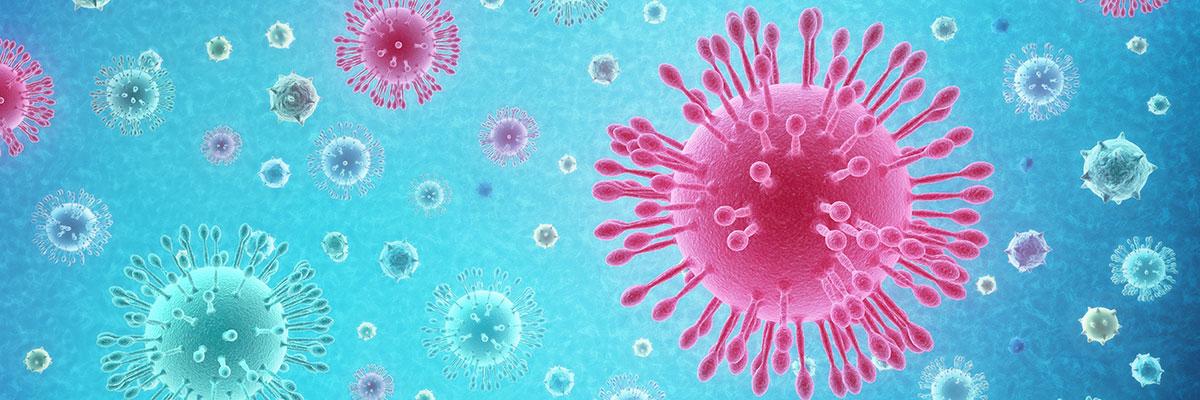

Coronavirus Update: Administration Requests Hospitals Report Daily on COVID-19 Testing Results, Bed and Ventilator
Federal Government Shifts Strategy Regarding Hospital Data Collection
The Issue
The Vice President, on behalf of President Trump and the White House Coronavirus Task Force, yesterday sent a letter to the nation's hospitals requesting that all hospitals report certain data on COVID-19 testing results, bed and ventilator capacity. In the letter, hospitals were asked to report the following two streams of data on a daily basis:
- COVID-19 results from in-house laboratories. The federal government requests that these results should be reported to the Federal Emergency Management Agency (FEMA) using a standardized template by 5 p.m. ET each day, and reflect the results through midnight of the previous day. The standardized template can be downloaded here, and should be emailed to the following address: fema-hhs-covid-diagnostics-tf@fema.dhs.gov. The letter notes that those hospitals who send all of the COVID-19 reporting to select commercial labs do not need to submit data. Those selected commercial labs are LabCorp, BioReference Laboratories, Quest Diagnostics, Mayo Clinic Laboratories and ARUP Laboratories.
This new reporting will replace the data collection the AHA launched last week. More detail on that below.
- Bed and Ventilator Capacity. Using the Centers for Disease Control and Prevention's (CDC) National Healthcare Safety Network (NHSN) COVID-19 module, hospitals are asked to report data on bed and ventilator capacity. Among other data elements, hospitals would report the number of confirmed/suspected COVID-19 patients who are in the emergency department and in inpatient beds. Hospitals also are asked to report how many patients are being mechanically ventilated, the total number of ventilators available and the number of ventilators in use. Additional details are available on the CDC NHSN website. CDC plans to host a webinar on March 31 from 2 p.m. to 3 p.m. ET to provide training on how to use the module.
At the request of the Centers for Medicare & Medicaid Services, last week the AHA launched a daily survey for hospitals on COVID-19 laboratory testing results and testing supply availability. The survey was developed by key Administration officials, and AHA shared daily data results with the Administration. In light of these new reporting requests, and in an effort to alleviate burden, the AHA will discontinue its daily COVID-19 survey at 11:59 p.m. ET tonight.
AHA's Take
The request for hospital data reporting on COVID-19 patients continues to be fluid and ongoing. We understand the difficulty hospitals are experiencing in complying with multiple data requests — often at the local, state and national level — while also managing the current crisis. AHA has urged that these efforts be streamlined to ensure hospitals can remain focused on providing critical patient care. Consequently, AHA will stop its data request.
During this unique period in which we are experiencing a national emergency, and at the behest of the Vice President, we urge you to report the data needed by the federal government to support epidemiological surveillance and public health decision making.
What You Can Do
Hospitals and health systems are encouraged to:
- Share this update with your key clinical and administrative leaders, including your chief medical officer, chief nursing officer, chief quality officer and those currently responsible for reporting your infection data via the CDC's NHSN portal.
- Review the request in the Vice President's letter, and set up a process to report data to FEMA and CDC as soon as practicable.
- Discontinue reporting to the AHA's previous daily survey on COVID-19 testing results.
- Stay tuned for future changes to data reporting mechanisms and data elements as the pandemic evolves.
Further Questions
In-house laboratory result reporting questions can be directed to FEMA at fema-hhs-covid-diagnostics-tf@fema.dhs.gov. Questions about CDC NHSN reporting can be directed to NHSN@cdc.gov.

